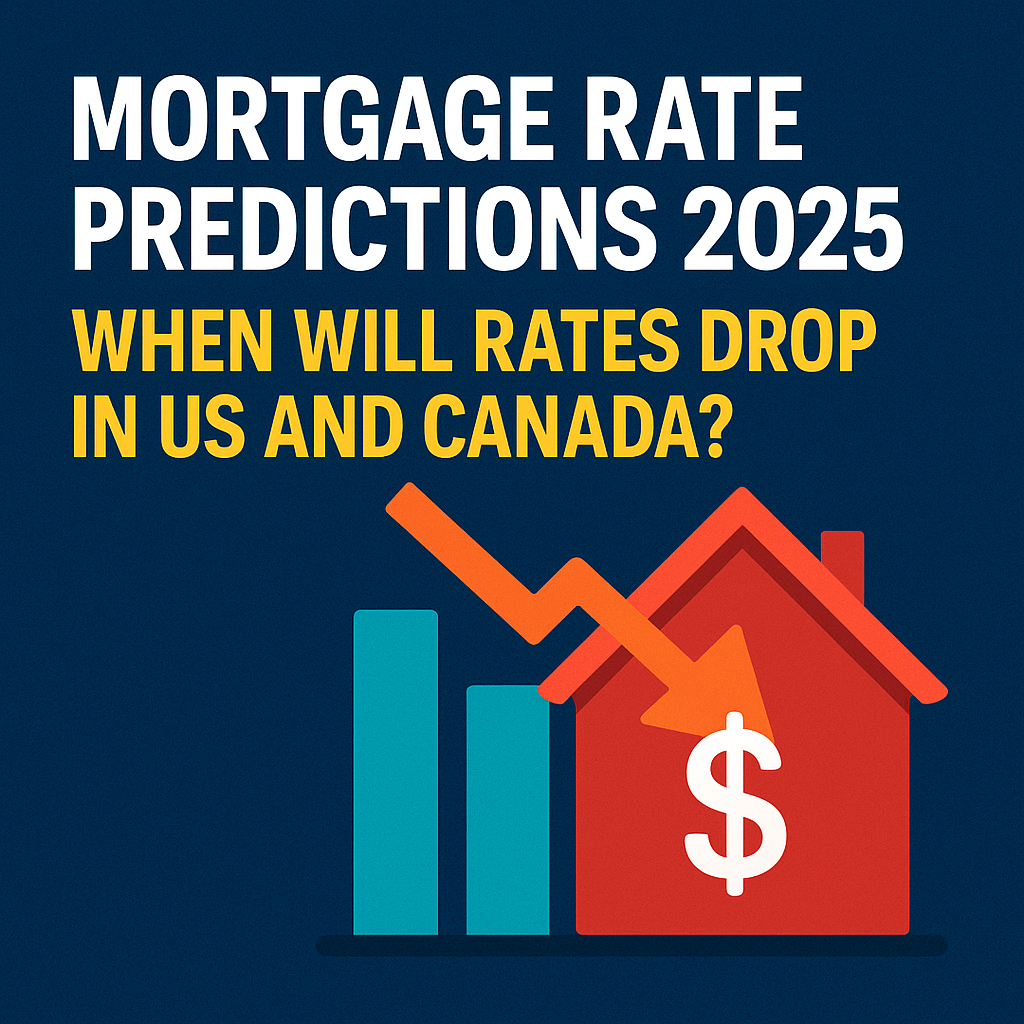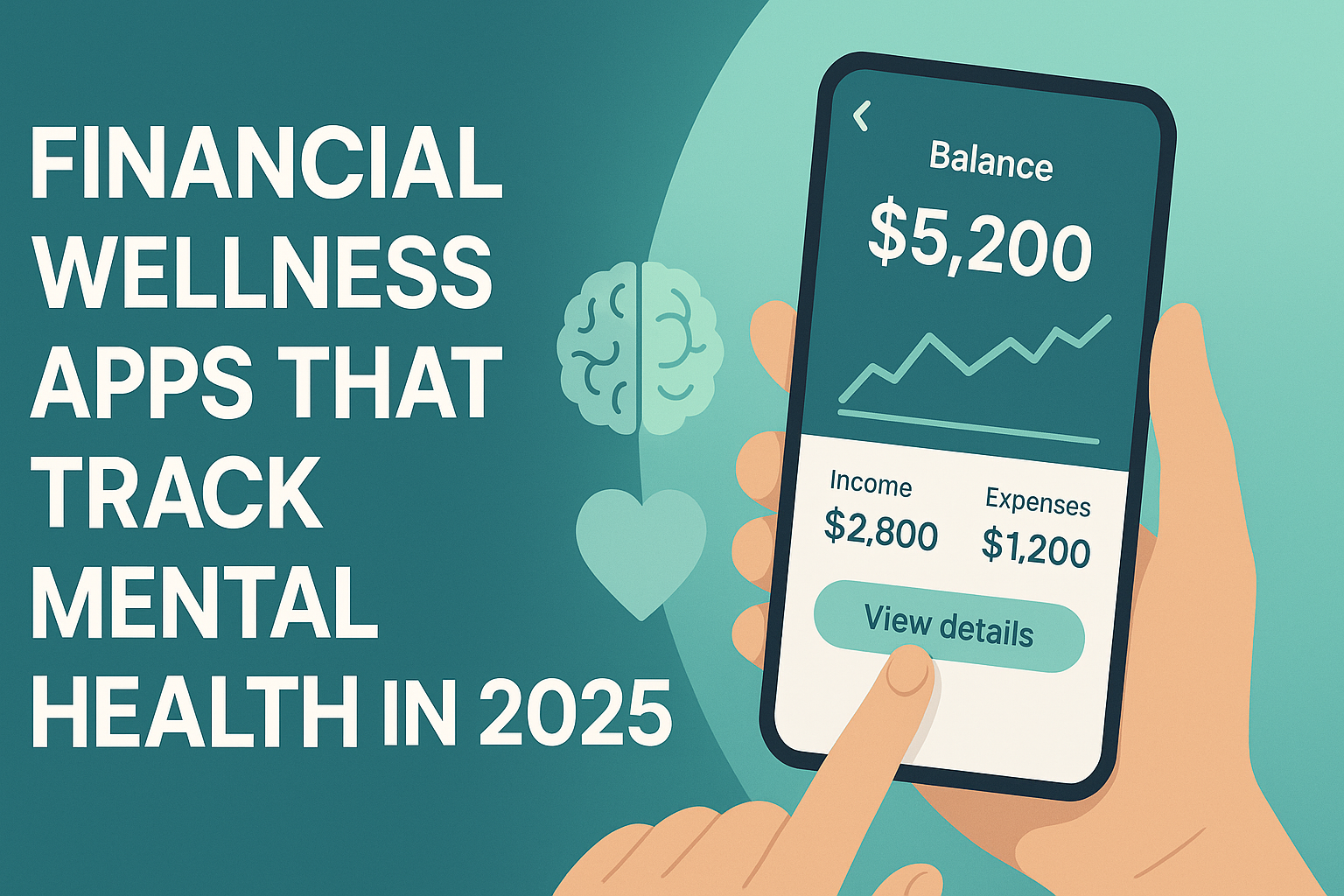Evaluating whether artificial intelligence is ready to guide your money decisions — or just assist along the way
The rise of artificial intelligence (AI) has reshaped many aspects of daily life — from how we shop to how we search for answers. But one of the more controversial questions emerging in 2025 is this: Can you rely on AI to give you trustworthy financial advice?
As tools like ChatGPT, Google Bard, and various robo-advisors flood the market, people are turning to AI not just for budgeting tips or investment definitions — but for real decisions that impact their retirement, debt, and overall financial security. And that’s where things get tricky.
Background & Context: What AI Can (and Can’t) Do Today
At a high level, AI tools are incredibly good at processing vast amounts of financial data, spotting patterns, and generating fast, coherent responses. They can explain what a Roth IRA is. They can help compare high-yield savings accounts. They can even give you a basic breakdown of asset allocation models.
But financial advice — real advice — is deeply personal.
Your money situation isn’t just about math. It’s about your goals, your risk tolerance, your income volatility, your tax bracket, your dependents, and your long-term ambitions. That’s where current AI platforms fall short.
Here’s why:
AI lacks context. It doesn’t know your full financial picture unless you tell it — and even then, it can’t understand it like a human would.
It’s not regulated. AI isn’t licensed. It doesn’t follow fiduciary standards or comply with CFP Board guidelines.
It can’t always process real-time changes. Unless directly connected to current market data (which most public AI models aren’t), its advice may already be outdated.
So while AI is powerful as a starting point, it’s not yet a substitute for professional advice when stakes are high.
Deep-Dive Analysis
When AI Becomes Misleading — and Why It Matters
Several 2025 investigations — including one by the Walter Bradley Center for Natural and Artificial Intelligence — have exposed critical gaps in how AI handles financial reasoning.
Researchers ran simulations asking AI tools like ChatGPT and Bard to respond to real-world financial scenarios. Results were hit-or-miss: sometimes technically accurate, but often marred by arithmetic errors, outdated information, or superficial reasoning.
Vice Magazine’s April 2025 piece bluntly warned: “AI chatbots are shockingly bad at financial advice.” Despite their polished tone, they often misjudge complex trade-offs — like tax implications, inflation risks, or long-term compounding impacts.
Imagine relying on that to plan your retirement.
What AI Can Do Well
Let’s be fair — AI isn’t useless in personal finance. In fact, it can be a powerful co-pilot for foundational education and early-stage planning.
Here’s where AI excels:
Financial literacy. AI can recommend books, explain concepts like ETFs vs. mutual funds, or help you set budgeting goals.
Scenario building. It can help you model simple “what if” calculations — like how your savings might grow with 6% annual returns.
Comparative research. AI can summarize differences between tools, accounts, or investment strategies to help you get up to speed quickly.
In short, use it to learn — not to act.

Risks of Over-Reliance on AI for Financial Guidance
Let’s outline the dangers clearly:
No accountability. If AI gives you wrong advice, you have no legal recourse. A CFP or RIA, on the other hand, is held to legal and ethical standards.
Bias and hallucination. AI can be influenced by skewed training data — or worse, make up answers that sound plausible but are wrong.
Lack of tax nuance. Taxes are complex and location-specific. Most AI tools can’t reliably guide you through IRS subtleties or provincial differences in Canada.
One-size-fits-all answers. AI often defaults to “average” financial advice — which may not fit your stage of life, goals, or risk profile.
Even financial firms themselves are cautious. While many are experimenting with AI to automate workflows or client education, few are letting it run solo on actual advice delivery.
Actionable Takeaways & Key Insights
For those exploring AI tools to guide financial decisions, here’s how to use them wisely:
Start with education. Use AI to understand the basics — then dive deeper with human-vetted resources.
Always verify. Treat AI advice like a tip, not a verdict. Confirm with a certified planner or credible source.
Know the limitations. AI won’t understand your full context, emotional needs, or nuanced priorities.
Pair tech with trust. Use AI to prepare your questions for a financial advisor — not to replace one.
And when in doubt?
How to Find Real Financial Advice You Can Trust
If you’re ready to move beyond basic budgeting and into real wealth building, here’s what to look for:
Fee-only CFPs (Certified Financial Planners): These advisors don’t take commissions, reducing conflicts of interest.
RIAs (Registered Investment Advisors): Regulated by the SEC, RIAs must act as fiduciaries.
Community financial resources: Credit unions and nonprofit groups often offer financial counseling without upselling products.
Most importantly, trust is earned, not coded.
Conclusion & Call to Action
AI is getting smarter. And in many cases, it’s already a helpful tool in your financial journey. But today — in 2025 — it’s not ready to fly solo when it comes to serious financial decisions.
Let it be your research assistant, not your advisor.
Use it to explore, to learn, to build confidence. But when it’s time to make choices that affect your retirement, your taxes, your children’s education — bring in a human who knows your world.
Stay tuned to The Evolving Post for more smart, actionable updates that impact your money and your future — because understanding the system is the first step to changing your financial story.
While this analysis is based on thorough research, it is for informational and educational purposes only and should not be considered financial advice.








